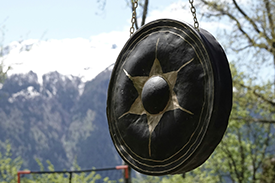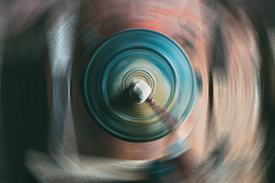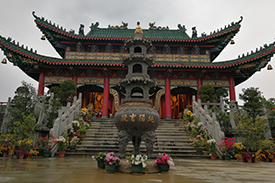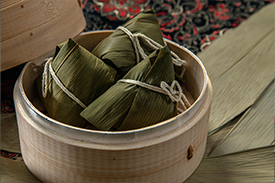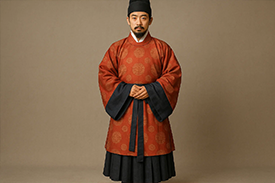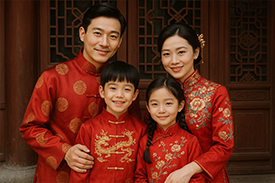Traditional Chinese Instrument
______________________________
Gong
Children Story
THE LOST GONG
Author: Maria Archontaki
Once upon a
time, in a colorful village called Luang Prabang, in Laos, there was a curious
and brave girl named Anisa. In her village, surrounded by green mountains and
golden temples, every day began with the sound of the gong from the main
temple, announcing the sunrise and calling people to gather.
The gong was
very special: it had ancient engravings on it that told stories of her
grandparents' grandparents. They cared for it with love and respect. But one
morning, the gong didn't ring. All they could hear were roosters and the
peaceful Mekong River.
Worried, Anisa
ran to the temple. There she found her two best friends: Malai, a girl who knew
a lot about the village legends, and Tawan, a fun-loving boy who loved climbing
trees and finding lost things.
"The
gong is missing!" Anisa said, with her eyes wide open. "They say that
if the gong doesn't ring for three days, the forest spirit will get sad,"
Malai added, very seriously.
The three
friends decided to look for the gong. They asked the monks, the village elders,
and even the vendor selling khao jee, a typical baguette bread that children
loved to eat with eggs and spicy sauce.
"Last
night I heard a strange noise near the bamboo forest," said the old man
Somchai, while taking a sip of jasmine tea. "Maybe something happened
there".
Guided by the
old man's words, the children walked through the trees, listening to the
creaking of the bamboo and the singing of birds. Finally, they found
footprints... and behind a huge tree, and wrapped in vines, there was the gong!
But it wasn't
alone. A small, furry figure with pointy ears and curious eyes was staring at
it.
"It's a
forest phi!" Malai whispered. "They are mischievous spirits, but not
evil."
Anisa
approached slowly and asked, "Why did you take the gong?"
The spirit
responded in a gentle voice:
"I've
never heard anything so beautiful. I just wanted to experience it up
close."
Anisa smiled.
In her culture, sharing and understanding were more important than scolding.
"You can
visit us whenever you want. But the gong belongs to everyone."
The phi nodded
and helped the children return the gong to the temple. The next day, the
village awoke to its deep, bright sound. Everyone celebrated with dances and
delicious dishes like laab, a spicy salad of meat and fresh herbs.
From that day
on, the gong was rung not only to mark time, but also to remind us that when
you listen with your heart, even the oldest sounds can make new friends.
Nature
To know more about...follow the link
To know more about...follow the link
To know more about...follow the link
Architecture
To know more about...follow the link
To know more about...follow the link
To know more about...follow the link
Food
To know more about...follow the link
To know more about...follow the link
To know more about...follow the link
Traditional Dresses



